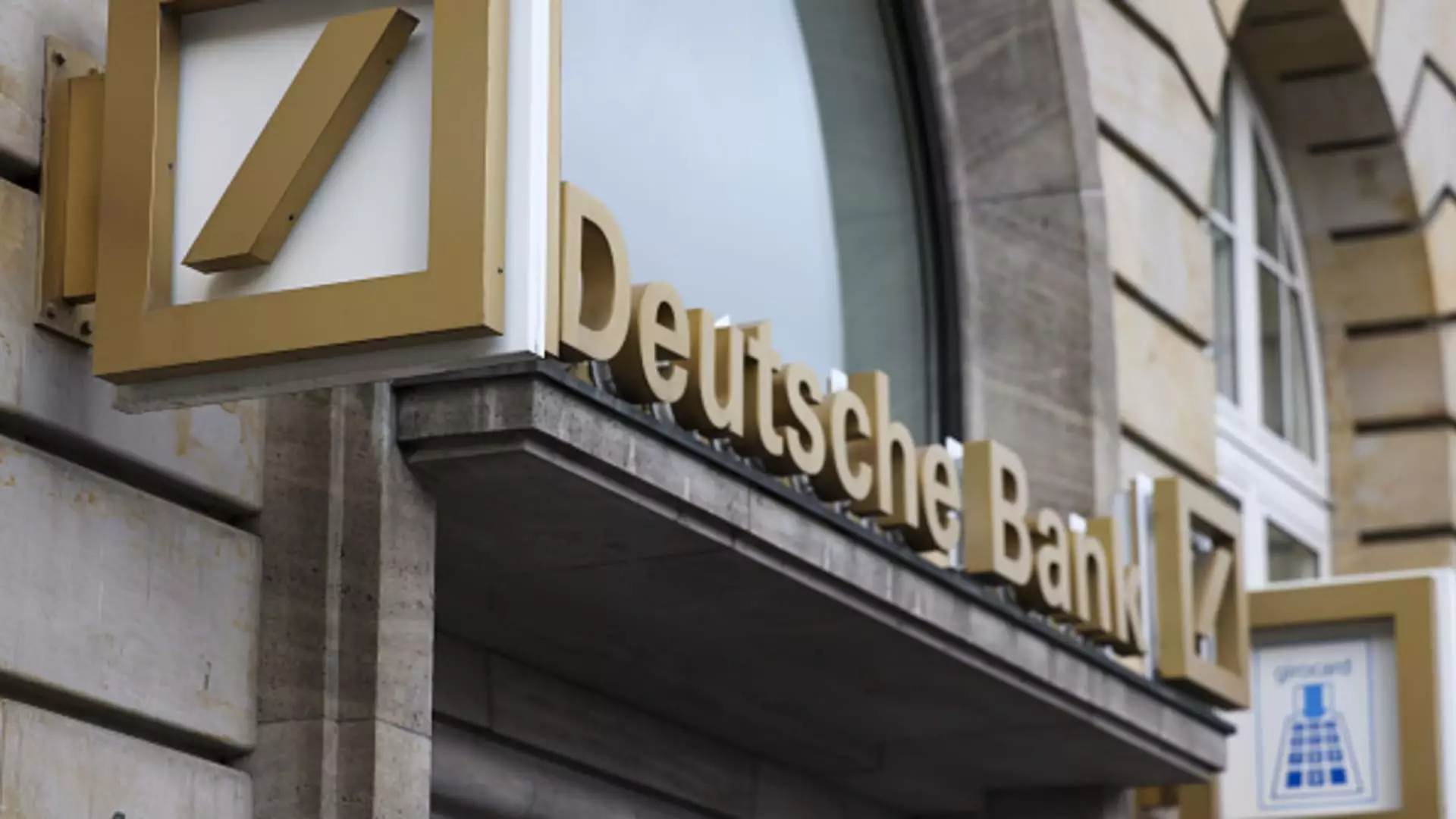After a turbulent period, Deutsche Bank has managed to stage a significant comeback in its financial performance for the third quarter of 2023. Following a disappointing loss of 143 million euros in the second quarter, the bank’s net profit attributable to shareholders for Q3 totaled an impressive 1.461 billion euros, far exceeding analysts’ expectations of 1.047 billion euros. This extraordinary rebound not only highlights the bank’s resilience but also emphasizes its ability to adapt and thrive in a complex economic environment. The reported revenue also surpassed predictions, reaching 7.5 billion euros, compared to the analyst forecast of 7.338 billion euros. Such results showcase Deutsche Bank’s commendable performance amidst ongoing volatility in the financial sector.
Deutsche Bank’s positive earnings report is marked by a notable 31% rise in profit before tax, amounting to 2.26 billion euros. Additionally, while the bank increased its provision for credit losses to 494 million euros from 245 million euros in the same quarter the previous year, this reflects a cautious approach in an uncertain economic landscape. The Common Equity Tier 1 (CET1) capital ratio also improved to 13.8%, reinforcing the bank’s solvency and financial health. These figures paint a picture of a robust institution that is not only surviving but flourishing, with a return on tangible equity (RoTE) climbing to 10.2%, demonstrating prudent management and operational effectiveness.
In the backdrop of these financial successes, Deutsche Bank benefited from the settlement of a legal dispute related to its Postbank acquisition. Approximately 60% of the involved plaintiffs reached a settlement with Deutsche Bank, allowing for the partial release of 440 million euros in litigation provisions. This legal resolution has played a vital role in bolstering the bank’s profit picture for the quarter, and the management’s announcement of a prospective share repurchase indicates confidence in their financial footing. Such strategic maneuvers not only enhance the bank’s appeal to shareholders but also signal a shift towards a more aggressive posturing in capital distributions.
Deutsche Bank’s investment banking division has shown promising growth, with revenues reaching 2.5 billion euros—an 11% increase over the same period last year. Particularly notable is the growth within the fixed income and currencies sectors, which contributed significantly to this uptick. Furthermore, the asset management segment reported net revenues of 660 million euros, also an 11% year-on-year rise. These performance indicators illustrate the bank’s varied revenue streams and its ability to capitalize on diverse market opportunities, despite the pressures faced by many financial institutions in current economic conditions.
A Challenging Economic Landscape Ahead
Despite these strong financial results, the broader European banking sector faces challenges. Changes in monetary policy from the European Central Bank have created a slow growth environment, compelling banks to demonstrate substantial earnings growth to remain competitive with U.S. counterparts. Analysts from McKinsey have cautioned that the improvements in return metrics since 2021 were largely attributed to rising interest rates; thus, maintaining these margins in a declining rate environment may require aggressive cost-cutting strategies. Deutsche Bank has already embarked on a comprehensive reorganization plan aimed at trimming its workforce by 3,500 jobs by 2025 as part of its cost-saving initiatives.
Deutsche Bank’s recent performance has garnered significant interest not just from investors but also from the broader banking community. The institution’s consistent statements regarding its strategic direction highlight a commitment to sustainable growth. Factors influencing market sentiment include Deutsche Bank’s distancing from talks of a merger with Commerzbank, which itself is embroiled in discussions of potential acquisition by Italy’s UniCredit. As other European banks prepare to release their third-quarter earnings, eyes will undoubtedly be on Deutsche Bank to determine if their positive trajectory can be mirrored across the sector.
While Deutsche Bank has demonstrated remarkable resilience and positive financial outcomes in Q3, the confluence of rising operational costs and external pressures will test its strategic decisions in the upcoming months. The bank’s ability to adapt and navigate these challenges will be critical to maintaining investor confidence and supporting ongoing growth objectives.


Leave a Reply